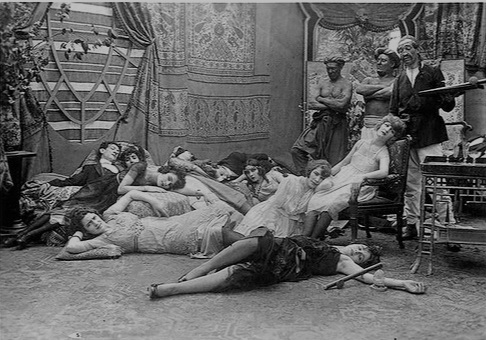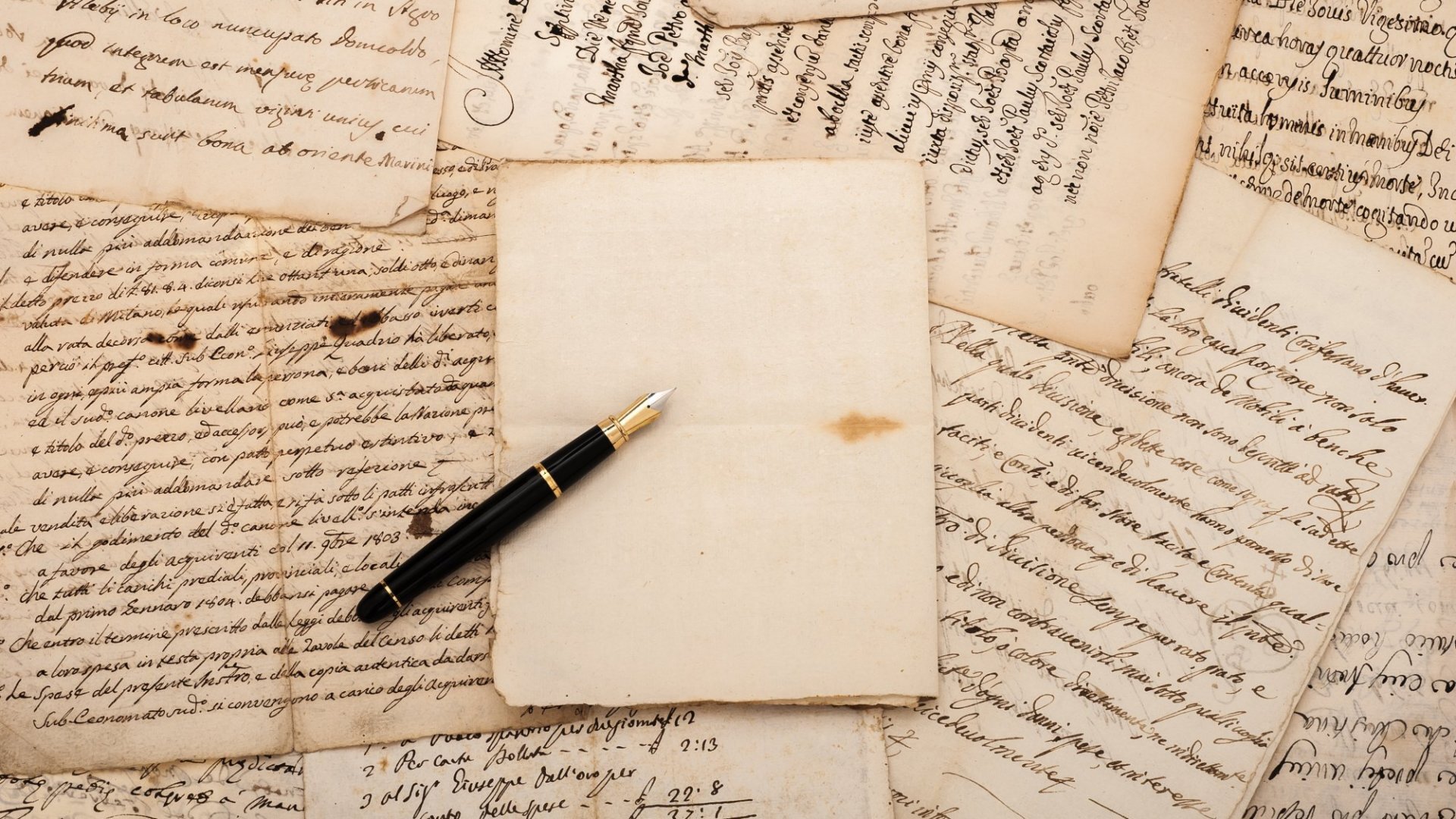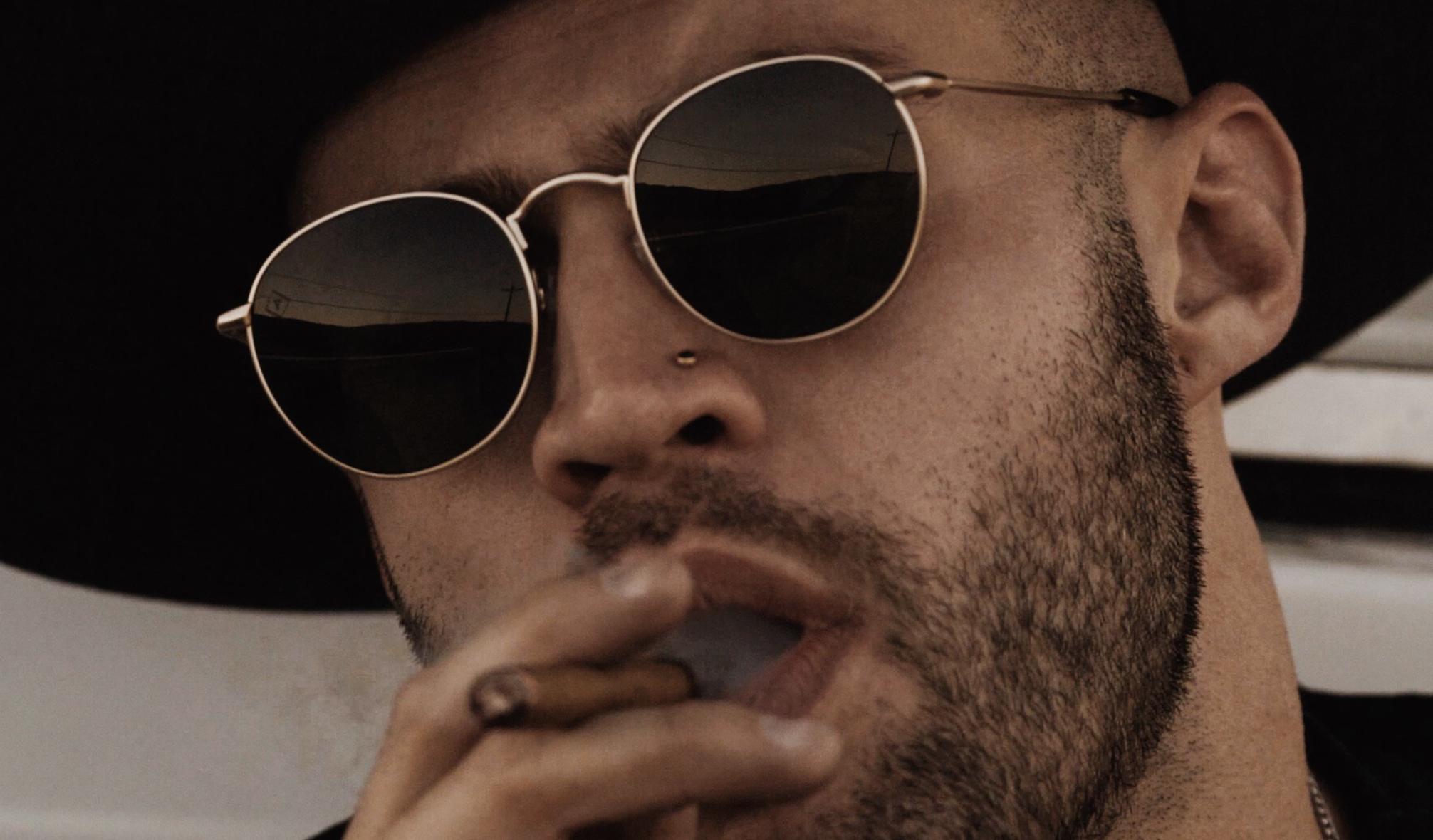Yeats On Cannabis

William Butler Yeats Was No Stranger to Cannabis
Article by Brian Houlihan, the curator of the Dublin Hemp Museum and regularly writes about hemp. @dubhempmuseum @houlihanbrian. Find the museum on Facebook.
William Butler Yeats was an Irish poet and is often considered to be one of the greatest writers of recent centuries. In 1923 he was awarded the Nobel prize for literature. Yeats helped to establish the Abbey Theatre and also served two terms as a senator.
During his first term in the senate he served alongside George Sigerson. In 1866 George Sigerson wrote the hemp pamphlet ‘Cannabiculture in Ireland; its profit and possibility’. While Yeats identified as a nationalist he distanced himself from the 1916 Rising. Nonetheless the rebellion provided material for some of his most memorable poetry.
All changed, changed utterly:
A terrible beauty is born.
Easter 1916 - W.B Yeats
Like many of his contemporaries Yeats was fascinated by the occult and spiritualism and he experimented with drugs. It is believed Yeats was first introduced to cannabis in 1890 through fellow writers in Paris. Yeats described some of his experiences in the autobiographic work ‘Discoveries; A Volume Of Essays’.
In the section entitled ‘Concerning Saints and Artists’ Yeats wrote about his first time trying cannabis.
“I took the Indian hemp with certain followers of St. Martin on the ground floor of a house in the Latin Quarter. I had never taken it before, and was instructed by a boisterous young poet, whose English was no better than my French. He gave me a little pellet, if I am not forgetting, an hour before dinner, and another after we had dined together at some restaurant.”
Yeats wrote about an experience during his walk to a friends home. “I felt suddenly that a cloud I was looking at floated in an immense space, and for an instant my being rushed out, as it seemed, into that space with ecstasy.”
Yeats described how he felt shortly after arriving at his friends house. “I had drunk some cups of coffee and eaten a pellet or two more, I grew very anxious to dance, but did not, as I could not remember any steps.”
In an extensive paragraph Yeats reveals some of the visuals he experienced:
“I opened my eyes and looked at some red ornament on the mantel-piece, and at once the room was full of harmonies of red, but when a blue china figure caught my eye the harmonies became blue upon the instant. I was puzzled, for the reds were all there, nothing had changed, but they were no longer important or harmonious; and why had the blues so unimportant but a moment ago become exciting and delightful? Thereupon it struck me that I was seeing like a painter, and that in the course of the evening every one there would change through every kind of artistic perception.”
Yeats wrote about being cautioned about the use of cannabis by others. “The boisterous poet, who was an old eater of the Indian hemp, had told me that it took one three months growing used to it, three months more enjoying it, and three months being cured of it.”
Yeats also refers to hemp’s use in executions and his other narcotic experiences. “Alas that the hangman’s rope should be own brother to that Indian happiness that keeps alone,were it not for some stray cactus, mother of as many dreams,an immemorial impartiality and simpleness.”
Drugs, including references to his own use, appear in Yeats’ other works but not as extensively as in ‘Discoveries’. We are lucky that Yeats was in a position to describe his experiences so vividly. His accounts leave us with a sense of the exciting times he and his contemporaries experienced, albeit largely outside of Ireland.
Perhaps whenever Ireland does reform its cannabis laws it might be worth remembering the Yeats line “All changed, changed utterly.”
Pilgrim Soul is the first cannabis brand created to enhance creative performance. For more information, visit pilgrimsoulcannabis.com.
Yeats wrote about an experience during his walk to a friends home. “I felt suddenly that a cloud I was looking at floated in an immense space, and for an instant my being rushed out, as it seemed, into that space with ecstasy.”
Yeats described how he felt shortly after arriving at his friends house. “I had drunk some cups of coffee and eaten a pellet or two more, I grew very anxious to dance, but did not, as I could not remember any steps.”
In an extensive paragraph Yeats reveals some of the visuals he experienced:
“I opened my eyes and looked at some red ornament on the mantel-piece, and at once the room was full of harmonies of red, but when a blue china figure caught my eye the harmonies became blue upon the instant. I was puzzled, for the reds were all there, nothing had changed, but they were no longer important or harmonious; and why had the blues so unimportant but a moment ago become exciting and delightful? Thereupon it struck me that I was seeing like a painter, and that in the course of the evening every one there would change through every kind of artistic perception.”
Yeats wrote about being cautioned about the use of cannabis by others. “The boisterous poet, who was an old eater of the Indian hemp, had told me that it took one three months growing used to it, three months more enjoying it, and three months being cured of it.”
Yeats also refers to hemp’s use in executions and his other narcotic experiences. “Alas that the hangman’s rope should be own brother to that Indian happiness that keeps alone,were it not for some stray cactus, mother of as many dreams,an immemorial impartiality and simpleness.”
Drugs, including references to his own use, appear in Yeats’ other works but not as extensively as in ‘Discoveries’. We are lucky that Yeats was in a position to describe his experiences so vividly. His accounts leave us with a sense of the exciting times he and his contemporaries experienced, albeit largely outside of Ireland.
Perhaps whenever Ireland does reform its cannabis laws it might be worth remembering the Yeats line “All changed, changed utterly.”







